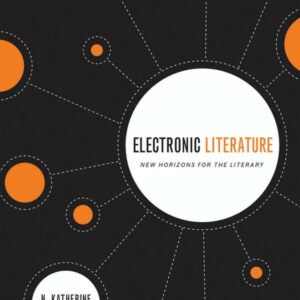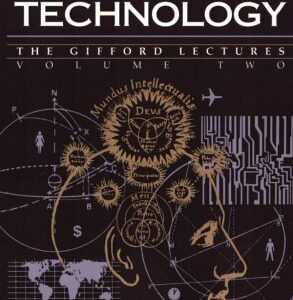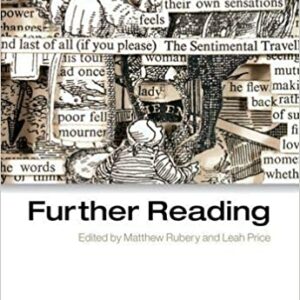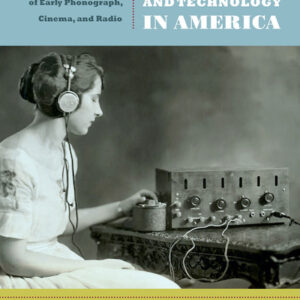
Electronic Literature: New Horizons for the Literary
By N. Katherine Hayles (NHC Fellow, 2006–07) A visible presence for some two decades, electronic literature has already produced many works that deserve the rigorous scrutiny critics have long practiced with print literature. Only now, however, with Electronic Literature by N. Katherine Hayles, do we have the first systematic survey of the field and an … Continued




